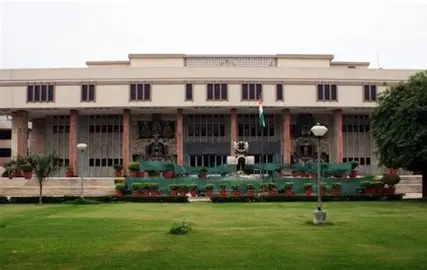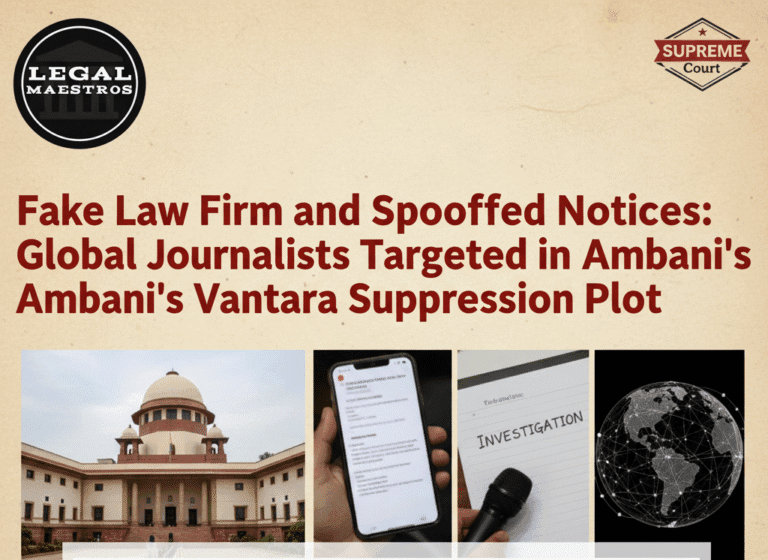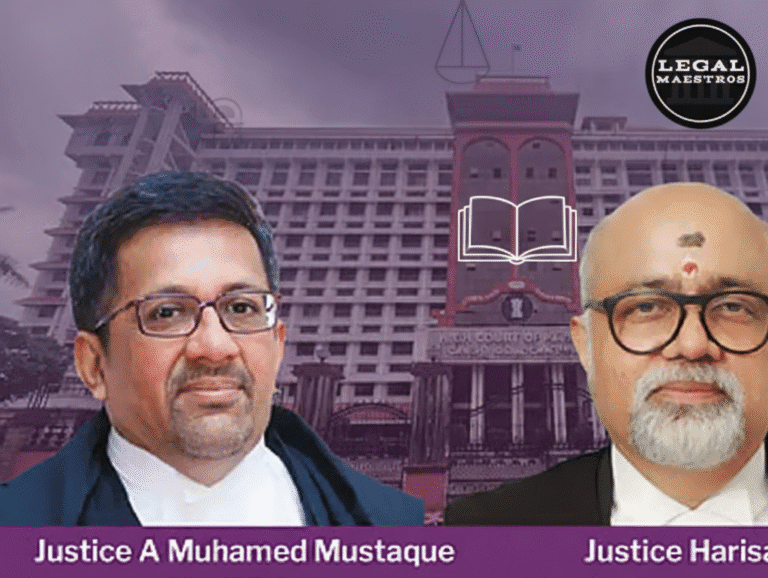
Factual Background
Udai Singh was appointed as a Constable in Delhi Police during December 1982. He was dismissed in 1987 for unsatisfactory performance, but in 1989 he was reinstated by the Central Administrative Tribunal (CAT). During the following years, Udai Singh had a record of taking long, unauthorised leave. In 1994-1998, he was out of office for a total of 1,216 days over a series of intervals, without seeking permission or informing his superiors. Even after being served thirteen notices of absence, he did not reply or resume duty as ordered. An enquiry at the departmental level was ordered under the Delhi Police (Punishment and Appeal) Rules, 1980, and, on the basis of its report, he was terminated from service in July 2004. His termination on appeal was turned down in 2006. Udai Singh objected to this in front of the CAT, which cancelled the dismissal and directed his reinstatement, permitting the department to make a new enquiry from the point of the Enquiry Officer’s report. The Government of NCT of Delhi then approached the Delhi High Court.
Reasoning
The substantial issue in question before the High Court was whether the regular, unauthorized absence of Udai Singh, and the actions taken during the departmental enquiry, justified his removal from service. The government had argued that discipline comes first in the law enforcement organization and that Udai Singh’s conduct—defined by repeated absence from duty and disregard for departmental notices—amounted to serious misconduct. They also pointed out that the departmental inquiry was impartial, and that the medical certificates presented by Udai Singh were indeterminate, devoid of information regarding the nature of the illness or its severity, and not supported by a second opinion as directed.
Conversely, the defense of Udai Singh was that he had attended due to legitimate illness as evidenced by medical certificates issued by government hospitals. He further complained that delay in opening the enquiry had prejudiced his defense, as documents which were pertinent to his case had been lost, and that dismissal was a disproportionately severe punishment for his actions.
For any queries or to publish an article or post or advertisement on our platform, do call at +91 6377460764 or email us at contact@legalmaestros.com.
Noteworthy Arguments
The government’s contention was notable for its stress on discipline in the police and the necessity of strict compliance with leave and reporting rules. They pointed to Udai Singh’s extensive record of absence—thirty-nine previous occasions for which he had already been disciplined—and his inability to comply with even simple rules for leave. The government also cited that the medical evidence was not adequate, as it did not detail the severity of his illness and lacked backing from a required second opinion.
Judgment of the Delhi High Court
The Delhi High Court overruled the CAT’s order and confirmed Udai Singh’s termination. The Court held that the departmental inquiry was held impartially and that Udai Singh’s actions—habitual, long periods of absence without approved leave—amounted to serious misconduct, particularly in the case of police service. The court found that medical certificates, filed belatedly and in the absence of leave application, could not condone such absences. In addition, the Court mentioned that the respondent’s past record of indiscipline and the trend of habitual absenteeism warranted the penalty of dismissal. The High Court used Supreme Court precedents such as State of U.P. v. Ashok Kumar Singh & Anr, which stated that habitual absence in disciplined services amounts to a serious offense and calls for severe penalties.
Earlier, the CAT had held the penalty of dismissal disproportionate and accepted the medical defence of Udai Singh and allowed his reinstatement. The High Court did not agree and held that in a disciplined force like the police, unauthorized absence, particularly when repeated, cannot be tolerated for just post-facto medical slips. The Court explained that adequate leave procedures and prompt intimation are essential, and that the requirement of judicial review of disciplinary punishments is limited. Unless evidence of procedural unfairness or non-evidence exists, courts won’t intervene in administrative orders.
For any queries or to publish an article or post or advertisement on our platform, do call at +91 6377460764 or email us at contact@legalmaestros.com.
Conclusion
The Delhi High Court judgment in Govt. of NCT of Delhi vs Udai Singh puts the focus on adhering to rules and discipline during police service. The Court upheld the dismissal of a habitual absentee, pointing out that unauthorized absence, especially when habitual and with proper intimation, constitutes gross misconduct. The ruling confirms that medical certificates in absence of the leave procedure are insufficient to justify long-term absence and that courts will inflict harsh punishment in such a scenario.
Sources
- Govt. of NCT of Delhi & Ors. Vs. Udai Singh W.P.(C) 4689/2008 (Delhi High Court Judgment of 01.07.2025).
- State of U.P. v. Ashok Kumar Singh & Anr., (1996) 1 SCC 302.
- Mithilesh Singh v. Union of India & Ors., 2003 SCC OnLine SC 292.





![JOB POST: Junior Associate at ASM Law Chambers, Jaipur [Freshers]](https://legalmaestros.com/wp-content/uploads/2025/11/Gemini_Generated_Image_8wrxer8wrxer8wrx-768x708.png)

